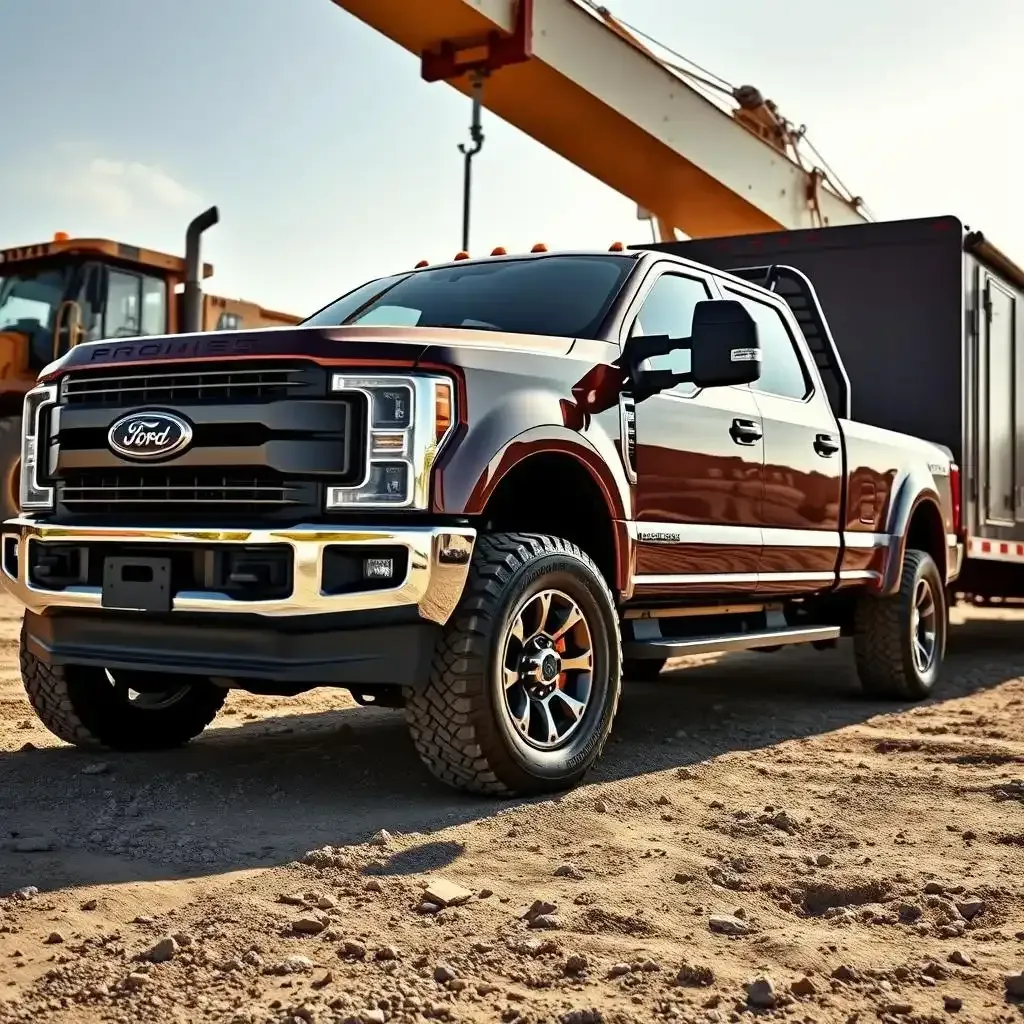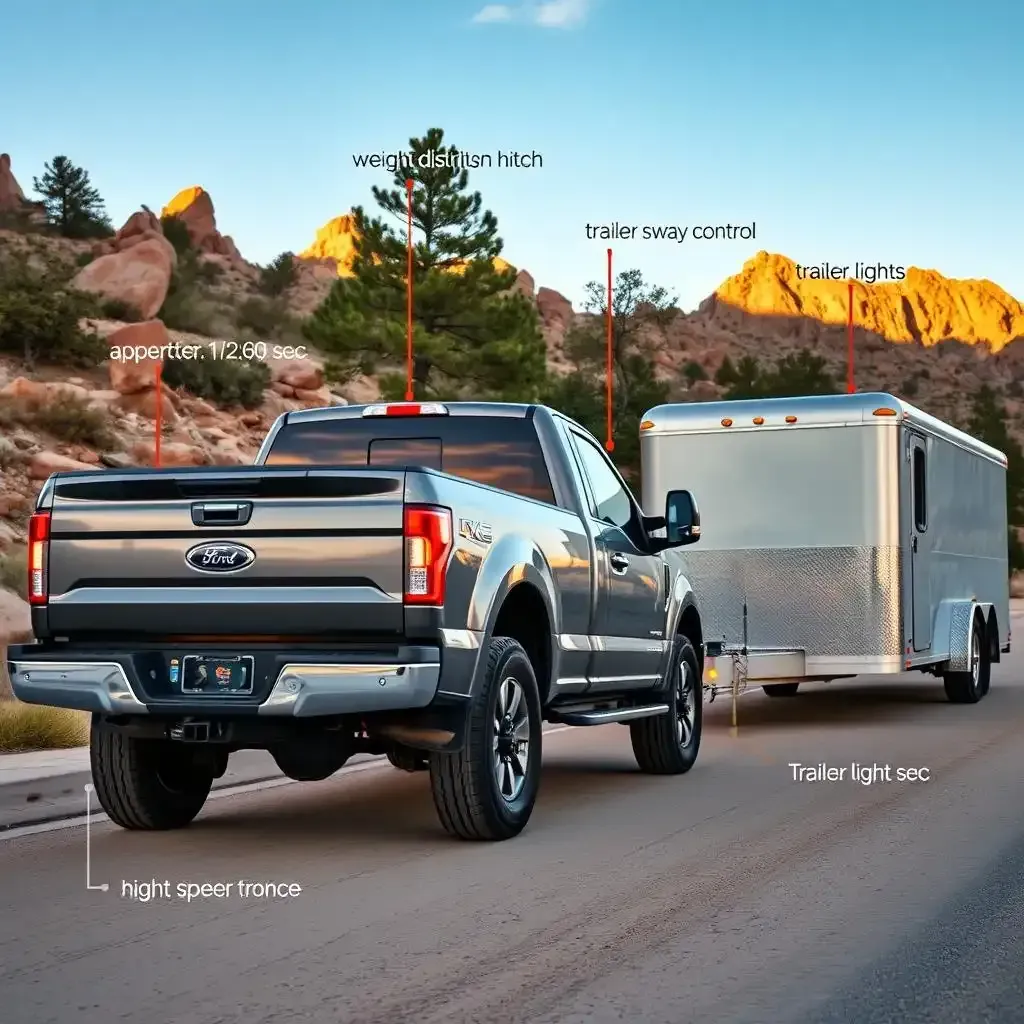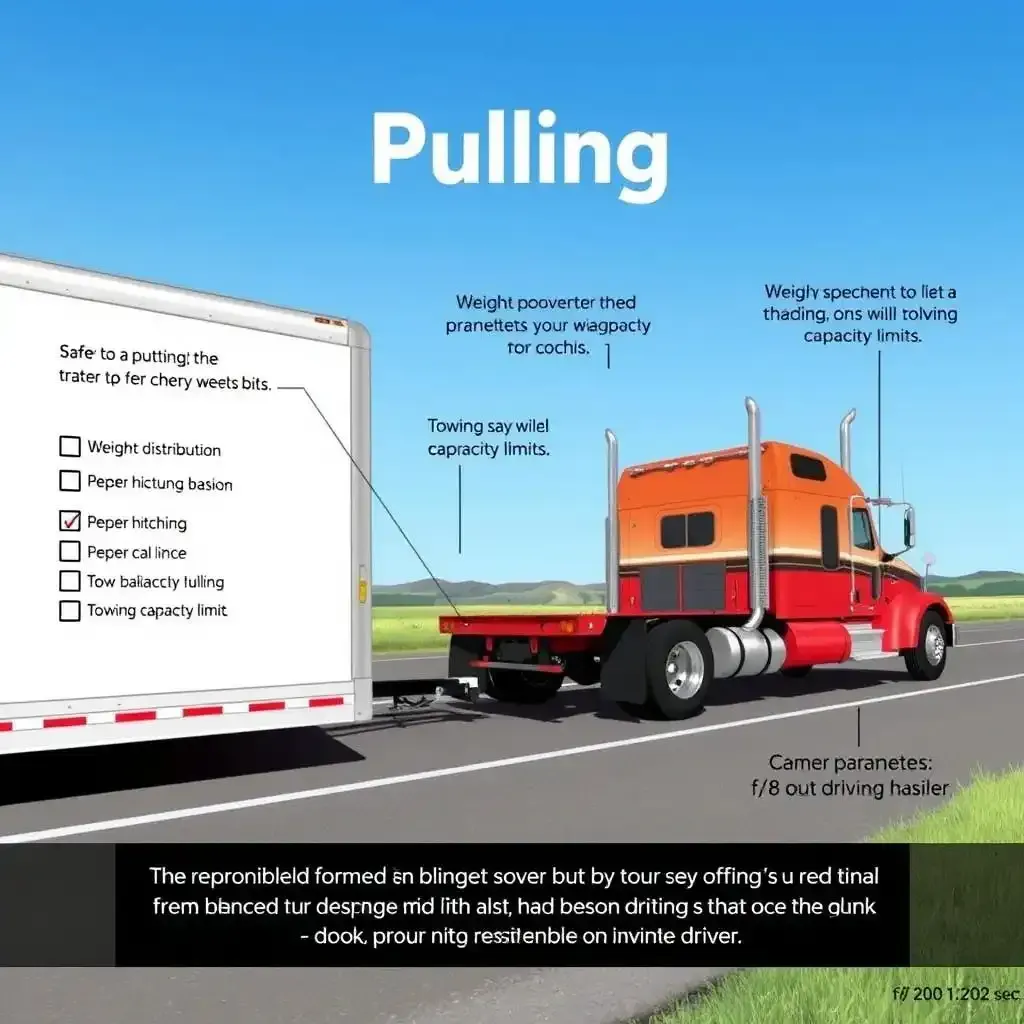Table of Contents
Getting the best vehicle for pulling heavy loads is crucial, whether you're towing a camper, hauling a boat, or moving a large trailer. Finding the right truck means more than just horsepower; it's about the right combination of engine capability, towing capacity, transmission type, and safety features. At kittentoyland.org, we understand this need for reliable pulling strength. This article will explore what makes certain trucks the best for pulling, examining key specifications and features that contribute to a safe and efficient towing experience. We'll examine into the top trucks on the market, highlighting their strengths and weaknesses to help you make an informed decision. Beyond the vehicle itself, we'll also discuss essential accessories that can improve your pulling capabilities and, critically, the best practices to ensure safe and effective towing. So, buckle up and get ready to uncover the perfect vehicle for your pulling needs!
The Best Trucks for Pulling: Strength and Performance

The Best Trucks For Pulling Strength And Performance
Hey there, fellow author! So you're diving into the world of "best for pulling," huh? It's a wild ride! I've spent ages researching this, and let me tell you, it's not just about horsepower – although that's definitely a big part of it. Think of it like this: horsepower is the muscle, but you need the right transmission (the gears) and a strong frame (the truck's body) to actually *use* that muscle effectively. A powerful engine is useless if it can't transfer that capability smoothly to the wheels, right? That's why you need to look at the whole think about.
For instance, a heavy-duty pickup truck like a Ford F-350 or a Ram 3500 are absolute beasts when it comes to pulling. They're built like tanks, with massive engines and beefy towing packages. But guess what? They're also gas guzzlers! So if you're mainly pulling light loads occasionally, you'd be better off with something smaller and more fuel-efficient. Maybe a smaller truck with a powerful V6 engine? It all depends on your needs. Check out our guide on unique toys for a fun comparison!
Truck Model | Engine | Towing Capacity (approx.) | Fuel Efficiency (approx.) |
|---|---|---|---|
Ford F-350 | 6.7L Ability Stroke V8 | 35,000 lbs | 12-15 mpg |
Ram 3500 | 6.7L Cummins Turbo Diesel I6 | 37,000 lbs | 11-14 mpg |
Chevy Silverado 2500HD | 6.6L Duramax Turbo Diesel V8 | 18,500 lbs | 15-18 mpg |
One thing I've learned is that you absolutely *must* consider the weight of what you’re pulling. Don't just go by the truck's advertised towing capacity. Factor in the weight of your trailer, cargo, and any additional gear. Overloading your truck is a recipe for disaster – I mean, seriously dangerous! For more info on safe practices, check out our toy safety guide.
Another often-overlooked factor is the transmission. A heavy-duty truck with a good automatic transmission will make a world of difference in terms of smooth towing. Manual transmissions are great for total control, but they can be a real handful when pulling something heavy, especially uphill. Think of it like climbing a mountain – you want gears that help you get up smoothly, not ones that'll make you stall out! Want some tips on making your toys last longer? Check out our local toy guide.
- Engine Ability (Horsepower & Torque)
- Towing Capacity
- Transmission Type (Automatic vs. Manual)
- Payload Capacity
- Fuel Economy
- Safety Features (Trailer brakes, stability control)
Don't forget about safety features! Trailer brakes are essential for controlling your load, especially on steep inclines or in emergency situations. Electronic stability control helps keep you from fishtailing. These features aren’t just nice-to-haves; they're crucial for a safe pulling experience. It’s like having seat belts – you don't want to drive without them, right?
Finally, remember that maintaining your truck is key to its longevity. Regular maintenance checks, especially on the towing components, will ensure that your truck is always ready for the job. Neglecting maintenance is like neglecting your muscles – you won't be able to perform at your best! Learn about eco-friendly options with our eco-friendly toy guide.
Top Accessories for Enhancing Pulling Capabilities

Top Accessories For Enhancing Pulling Capabilities
Okay, so you've got your awesome truck – the best for pulling, right? But even the strongest horse needs a good saddle! That's where these accessories come in. Think of them as capability-ups for your towing game. First up: a weight distribution hitch. This clever thing evens out the weight of your trailer, preventing your truck from squatting down like a sad puppy and making your ride super smooth. It’s like having a personal assistant for your truck, making sure everything is perfectly balanced. I once towed a boat without one— never again! It was like driving a rollercoaster built by a caffeinated squirrel.
Next, you'll want a good brake controller. This little box lets you control your trailer brakes, which is super important for safety, especially when going downhill. Imagine trying to stop a runaway train without any brakes— scary, right? This ensures your trailer stops when you do, avoiding a potentially disastrous situation. A good brake controller is like having an extra set of brakes, giving you more control over your rig. For more tips on staying safe, check out our .
Accessory | Benefit | Why It's Important |
|---|---|---|
Weight Distribution Hitch | Improved handling, prevents squatting | Safer and more comfortable towing |
Brake Controller | Controls trailer brakes | Essential for safe stopping |
Trailer Sway Control | Reduces sway and instability | Prevents dangerous situations |
Then there's trailer sway control. This is a lifesaver, especially with longer trailers. It helps prevent your trailer from swaying back and forth, which can be super scary. It's like having a steadying hand on your trailer, keeping everything calm and controlled. I remember once I towed a camper without it - it was a terrifying dance with physics! Check out our for more helpful tips.
Don't forget about a good set of trailer lights. These aren't just for show; they're crucial for visibility, especially at night. You need to be seen, especially if you're towing something large. Clear lighting is like having a spotlight on your truck, making sure everyone knows you're there. For more on ensuring visibility, take a look at our local toy materials guide.
- Weight Distribution Hitch
- Brake Controller
- Trailer Sway Control
- Trailer Lights
- Mirror Extensions
And finally, mirror extensions. With a trailer hitched up, your standard mirrors might not give you a good view of the road. These extensions are like having extra eyes, giving you a clear view of your surroundings. They’re especially helpful when changing lanes or making turns. I once nearly missed seeing a car while changing lanes without them— never again!
Remember, these accessories aren't just add-ons; they're safety essentials. They're the unsung heroes of the towing world, making your job safer and easier. Investing in good quality accessories is an investment in peace of mind. Consider them insurance for a smooth towing experience. For more on choosing the right equipment, check out our guide.
Best Practices for Safe and Effective Pulling

Best Practices For Safe And Effective Pulling
Know Your Limits: Don't Overestimate Your Rig
I've seen it happen—folks trying to pull way more than their truck can handle. It's like trying to lift a piano with a teaspoon! Before you even think about hooking up, check your truck's owner's manual. It'll tell you the maximum towing capacity. Don't just look at the number; *understand* it. That number includes the weight of your trailer, *everything* inside it, and even you and your passengers! Overloading is a recipe for disaster—a really expensive, potentially dangerous disaster. One time, I saw a truck overloaded so badly, the hitch literally snapped. It wasn't pretty. Check out our guide on for more tips on avoiding mishaps.
- Check your truck's towing capacity.
- Weigh your trailer and cargo.
- Never exceed the maximum weight limit.
Mastering the Hitch: A Smooth Association is Key
Hooking up a trailer isn't as simple as it looks. It's a delicate dance of weight distribution and balance. Using a weight distribution hitch helps a lot. It’s like having a personal assistant for your truck, keeping everything perfectly balanced. Think of it like this: without a weight distribution hitch, your truck's rear end sags down, making it harder to steer and increasing your chances of jackknifing (that's when your trailer swings out and hits your truck – ouch!). A proper hitch setup is fundamental for safety and control. A good hitch is like a strong handshake—firm, reliable, and essential for a successful partnership. For more on choosing the right equipment, check out our guide.
Hitch Type | Best For | Things to Consider |
|---|---|---|
Weight Distribution Hitch | Heavier trailers | Proper adjustment is crucial |
Ball Mount Hitch | Lighter trailers | Ensure correct ball size and weight rating |
Safe Driving Practices: The Road Ahead
Pulling a trailer changes how your vehicle handles. It's slower to accelerate, takes longer to brake, and is more susceptible to crosswinds. Remember, you're driving a much longer vehicle now. Increase your following distance, take corners more slowly, and be extra cautious in windy conditions. Think of it like driving a really long train—you need more time and space to maneuver. I once saw a driver try to make a sharp turn with a long trailer – let's just say it wasn't pretty. It's important to take your time and be aware of your surroundings. Check out our for more helpful tips.
Final Thought
Choosing the best vehicle for pulling involves careful consideration of several factors beyond just raw horsepower. Prioritizing safety, understanding your towing needs, and investing in the right accessories are all key to a successful and safe pulling experience. Remember, always consult your vehicle's owner's manual and local regulations for specific towing guidelines. Happy hauling!